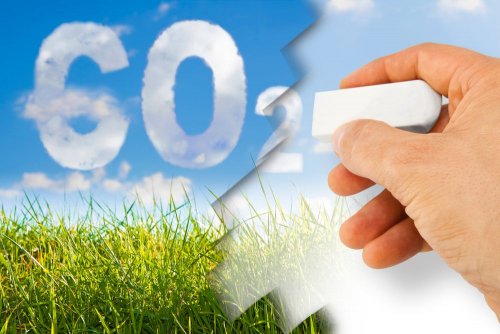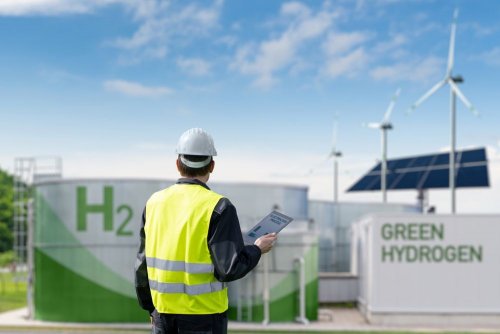A study by the ODI think tank and the Transport & Environment group of companies found that the world's 20 largest airports generated 231 million tons of carbon emissions over the year, equivalent to the operation of 58 coal-fired power plants.
They also produced the same amount of dangerous nitrogen oxides and PM2.5 as 31 million passenger cars, Euronews reports.
It is noted that the study analyzed the impact on climate and air quality of passenger flights and, for the first time, air cargo transportation at 1300 airports around the world.
"Pollution around airports is increasing year on year. It affects millions of people who breathe in toxic emissions and suffer from disease as a result, but politicians are hiding the problem," said T&E Director of Aviation Joe Dardenne.
He emphasized that the growth of the air transport sector is incompatible with climate goals.
The study showed that Dubai airport was the biggest polluter. Also in the ranking of the 20 worst airports in the world:
- Frankfurt am Main, Germany;
- Charles de Gaulle International Airport, Paris, France;
- Schiphol, Amsterdam, Netherlands.
Researchers have found that London has become the city most affected by air pollution from aviation. Due to the operation of its six airports, the following entered the air:
- 27 million tons of carbon;
- 8,900 tons of nitrogen oxide;
- 83 tons of solid particles (dust) PM2.5.
The article emphasized that air pollution is the fourth biggest risk factor for human health. Thus, in 2019, 6.7 million people died prematurely from the effects of breathing polluted air. In addition, airports are a center of powerful noise pollution.
"Airplane noise levels are constantly increasing and we have a complete lack of EU standards for fine particles, which pose a serious threat to health," said Magdalena Heuwieser, spokeswoman for the Stay Grounded organization. "Some key measures must be taken immediately to protect the health of workers and communities surrounding airports".
To do this, she suggested banning night flights or improving the quality of aviation fuel to automotive standards.
It is noted that some European countries, such as France and Spain, are trying to encourage citizens to use trains instead of planes for short trips.
The study also drew attention to gaps in the decarbonization of aviation. Thus, aviation relies on sustainable aviation fuel (SAF) to reduce emissions. However, it currently accounts for 0.1% of jet fuel consumed. For effective decarbonization, production must increase from a few hundred million liters today to over 400 billion by 2050.
ODI Senior Research Fellow Shandell Steadman highlighted that airport emissions are often overlooked. But without addressing local emissions at the airport level, the sector's impact on climate and health will only worsen.
Earlier, EcoPolitic wrote, that the European Commission supported the agreement between the European Parliament and the Council of the EU regarding the decarbonization of aviation, namely the obligation of suppliers to mix solid aviation fuel (SAF) with kerosene in increasing quantities from 2025.
As EcoPolitic previously reported, the Danish Government has decided to introduce a passenger environmental tax on air transportation, which will be gradually introduced from 2025 (70 Danish kroner – $10.2) to 2030 (100 Danish kroner – $14.64).





